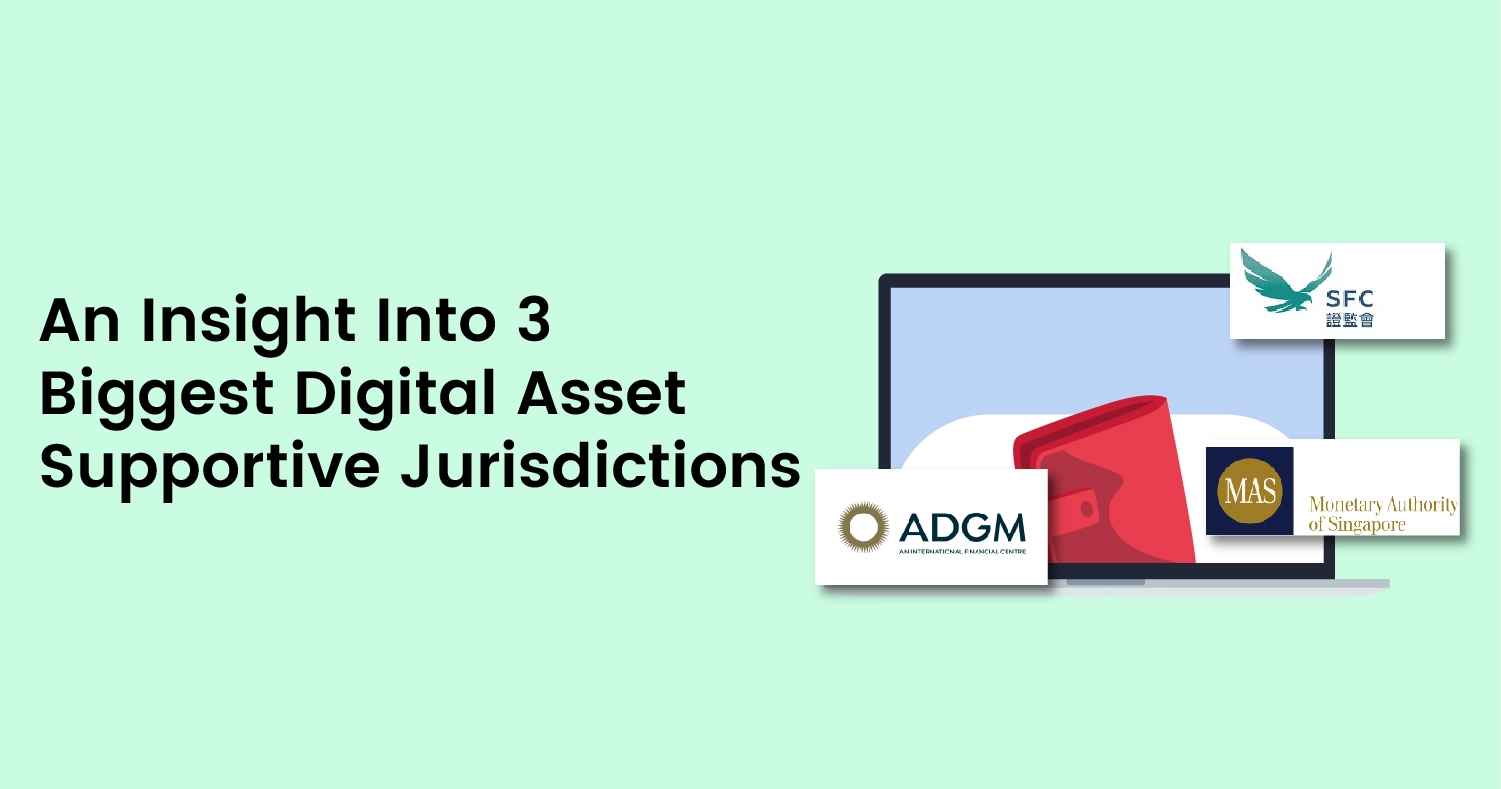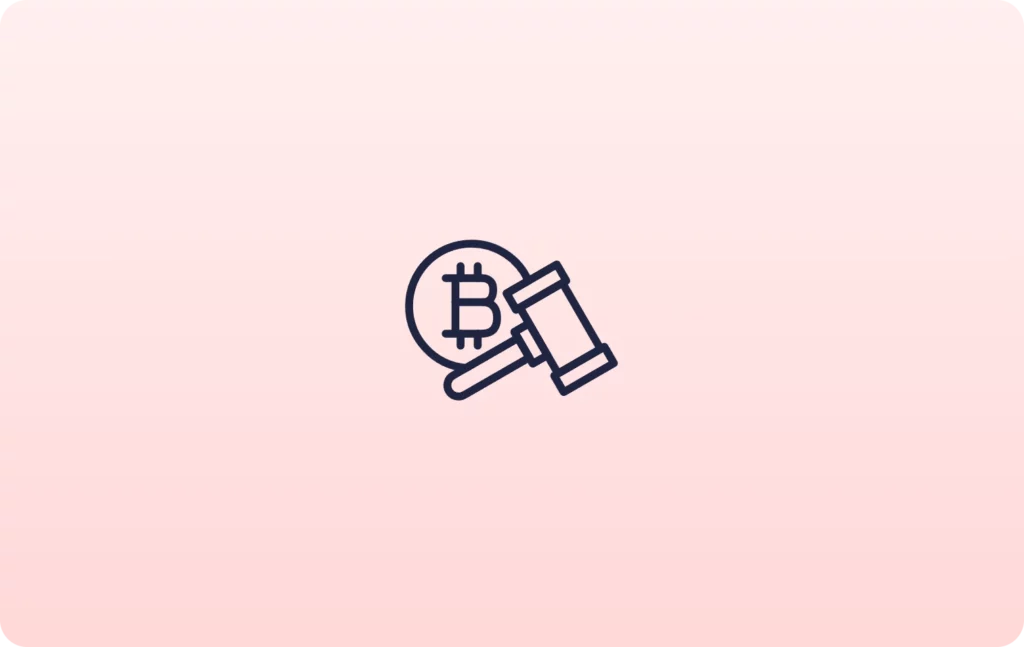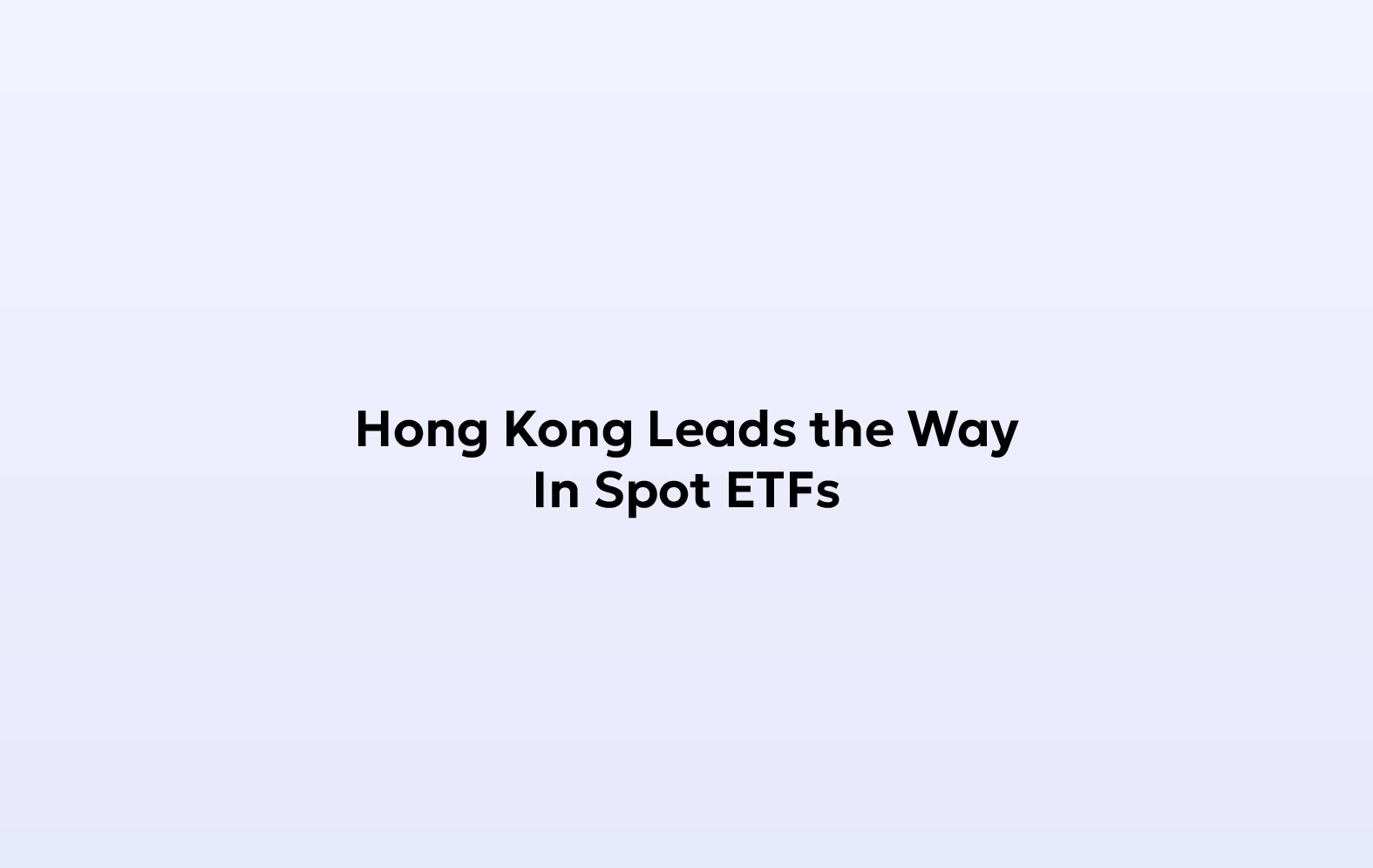The digital asset industry has emerged as a dynamic and rapidly evolving sector, fueled by the rise of cryptocurrencies, tokens and digital securities. These digital assets offer new opportunities for decentralized transactions, enhanced security and improved efficiency. At the core of this industry lies Distributed Ledger Technology (DLT), with various foundation companies playing a pivotal role in driving innovation and shaping the future of digital assets. In this article, we will explore the digital asset industry and delve into the relevance of DLT foundation companies in its development.
Digital Asset Industry
The digital asset industry encompasses a wide array of assets that exist in digital form. It includes cryptocurrencies such as Bitcoin, Ethereum and Litecoin as well as utility tokens, security tokens, non-fungible tokens (NFTs) and other digital representations of value. These assets facilitate peer-to-peer transactions, enable ownership transfer and support the development of Decentralized Applications (DApps) on blockchain platforms. The digital asset industry has gained significant traction due to several factors. Firstly, it provides avenues for financial inclusion by offering access to financial services for the unbanked and underbanked population. Cryptocurrencies enable secure and real-time transactions, providing an alternative to traditional banking systems. Secondly, digital assets offer programmability and automation through the use of smart contracts, which are self-executing agreements that automatically enforce predefined conditions when specific criteria are met. By eliminating intermediaries and reducing costs, smart contracts enhance efficiency in various industries such as supply chain management, real estate and decentralized finance (DeFi).
Role of DLT Foundation Companies
DLT foundation companies are entities that develop, maintain and innovate upon Distributed Ledger Technology. They play a crucial role in shaping the digital asset industry in several ways:
- Development of Blockchain Platforms: DLT foundation companies are responsible for developing blockchain platforms that serve as the foundation for digital asset ecosystems. These platforms provide the infrastructure for creating, trading and managing digital assets. They offer features like consensus mechanisms, smart contract functionality and interoperability enabling the seamless integration of various applications.
- Technology Innovation: DLT foundation companies drive technology innovation within the digital asset industry. They continuously research and develop new protocols, consensus algorithms and scalability solutions to overcome the limitations of existing blockchain networks. These advancements aim to improve transaction speeds, reduce fees, enhance scalability and address security concerns, thereby fostering the growth and adoption of digital assets.
- Standardization and Governance: DLT foundation companies contribute to the establishment of industry standards and governance frameworks. They collaborate with regulatory bodies, industry consortiums and other stakeholders to define best practices, compliance guidelines and security measures for digital assets. Standardization efforts help build trust, ensure interoperability and promote wider adoption among businesses and institutions.
- Developer Support and Ecosystem Growth: DLT foundation companies provide resources, tools, and support for developers and entrepreneurs to build applications and services within their ecosystems. They offer software development kits (SDKs), documentation, educational initiatives and funding opportunities to nurture a vibrant developer community. By fostering ecosystem growth, these companies encourage innovation and attract new participants to the digital asset industry.
- Tokenization and Asset Digitization: DLT foundation companies drive the tokenization and digitization of real-world assets. By leveraging blockchain technology, they enable the representation of physical assets such as real estate, art and commodities as digital tokens. This process enhances liquidity, enables fractional ownership and facilitates seamless transferability of assets. It opens up new investment opportunities and expands the scope of digital assets beyond cryptocurrencies.

ADGM’s Legislative framework for DLT Foundations
The Abu Dhabi Global Market (ADGM), an International Financial Centre, known for its progressive approach to fostering financial innovation, had published a consultation paper on Distributed Ledger Technology (DLT) Foundations framework seeking feedback from the industry participants. The proposed framework in the consultation paper aims to transform the legal structures for Decentralized Autonomous Organisations (DAOs) and act as a catalyst for the growth of the digital asset industry in the UAE. The new framework considers founders, council members, guardians, beneficiaries and persons in ‘control’ and additionally the token holders holding more than 25% voting rights for beneficial ownership. It also proposes to allow voting rights for token holders on qualified and delegated matters. The framework requires non-exempt DLT foundations to appoint a company service provider, licensed by ADGM, to promote a culture of effective corporate governance among DLT foundations and improves transparency in functioning of the companies and decision making. The new regime also proposes to appoint a guardian after the founder steps down from the foundation council, who will oversee the milestones of the foundation council. This promotes a complete decentralization in the management of the company as the guardian has the oversight of the council. The new regime proposes that the definition of tokens would be aligned with the standards of FSRA. It also proposes that a description of the intended use of token should be specified in the DLT foundation’s charter and also if buyback is required for such tokens. These result in enhancing the governance around token issuance within the organization. The regime also requires the DLT foundation companies to be audited annually and the financial statements to be published, which further aligns with the ADGM companies regulations, thereby bringing a uniformity across to improve disclosures and transparency. Ensuring investor protection and maintaining market integrity are paramount in ADGM’s regulatory approach. ADGM seeks to strike a balance between innovation and the need for appropriate safeguards to mitigate potential financial crime risks and market manipulation, by establishing clear rules and requirements. The proposed regulations aim to overcome the limitations of traditional foundation structures, ensuring transparency and accountability, and boosting investor confidence in the industry. These controlled environments allow market participants to test and implement their DLT solutions within a supportive and supervised regulatory framework. By providing a safe space for testing and learning, ADGM aims to foster the development of cutting-edge blockchain applications while ensuring appropriate oversight and risk management.
SFC’s Requirements for Virtual Asset Trading Platforms
The Securities and Futures Commission (SFC), the independent statutory body to regulate the capital market in Hong Kong, issued a consultation paper inviting public comments on proposed regulatory requirements applicable to licensed virtual asset trading platform (VATP) operators. These frameworks aimed at comprehensively addressing the needs of the players in the arena and the risk mitigation measures required to effectively manage risks. The proposed guidance aims to provide services to retail investors provided that the virtual asset trading platform operators ensure to comply with the onboarding requirements religiously for retail clients as well. SFC also aims to bring in criteria for token admission where the relevant tokens would be allowed on to the platform for trading by clients subject to necessary due diligence. The admission may be subject to the review of the appropriate committee internally within the organization resulting in enhanced governance. The tokens admitted for trading should comply with all the rules and regulations laid down. A major step in protecting the interests and assets of the consumers is that SFC requires the operators to hold 98% of the clients’ virtual assets in cold wallets where the security risks are minimal compared to that of hot wallets. Since the security risks are minimal, the coverage threshold to insure the client assets is proposed to come down to 50% provided that 98% of the assets are mandatorily held in cold wallets. This helps companies to utilize the funds for various business operations. From a virtual asset custody perspective, there is currently no regulatory regime in Hong Kong to oversee or govern this space. Understanding the importance of safe custody, SFC insists on having the custodians to be a wholly owned subsidiary of the operator. This forms the basis of requiring all the keys to be securely stored in Hong Kong. This will also ease the oversight obligations and also help in enforcement as and when required. SFC understands that the implementation of the travel rule to be a major cornerstone of bolstering the virtual asset industry’s compliance regime within Hong Kong. SFC insists on collecting mandatory information relating to the originator and beneficiary of the virtual asset transfers in order to subject them for sanctions screening and also to ensure the information is carried upon throughout the payment chain in line with the FATF recommendation. This provides the parties to the transactions with real-world identities who can be associated with the transactions. Inspite of all the initiatives from SFC, there are always room for improvements in this rapidly evolving space. The ongoing and upcoming regulatory changes will aim to make Hong Kong a desired destination for virtual asset services.
MAS’s proposed amendments to Payment Service Regulations
The Monetary Authority of Singapore (MAS) recently released a consultation paper outlining proposed amendments to the Payment Services Act (PS Act) and its associated regulations. The consultation paper aims to enhance the regulatory framework for payment service providers, address emerging risks, and foster innovation in Singapore’s payment ecosystem. The Payment Services Act, enacted in 2019, provides a comprehensive framework for regulating payment services in Singapore. It aims to promote innovation, ensure consumer protection, and safeguard the integrity and stability of the payment system. As the payment landscape evolves, the MAS recognizes the need to refine and update the regulatory framework to address emerging risks and support the growth of new payment solutions. Payment Services Amendment Act aims to expand the scope of: (a) “cross-border money transfer service” to include the service of “brokering” cross-border money transfer transactions between entities in two different countries (“Expanded Cross-Border Money Transfer Service”); and (b) “digital payment token service” (“DPT Service”) to include numerous other activities (“Expanded DPT Services”) – this is intended to align with the enhanced standards adopted by the Financial Action Task Force Standards (“FATF Standards”) applicable to digital payment token service providers (“DPT Service Providers”) on money-laundering and terrorism financing (“ML/TF”) risks. The Payment Services Amendment Act will come into force on a gazetted date appointed by the Minister of Finance. The Consultation Paper sets out additional proposals by the MAS to operationalise the Revised Payment Services Act. The proposed amendments shall bring in applicability of the travel rule, AML/CFT requirements to the new payment methods like the DPT and create a robust compliant environment. The Payment Services Amendment Act is also a friendly approach towards the payment services sector and provides ease of business due to flexibility provided for the timeframes associated with the transmission of money thereby improving business relations Cautionary measures have been taken by MAS wherein all the license applications have to be backed by additional requirements, third party assessments, thereby making the application review process faster and easier. The introduction of these additional regulatory requirements, along with a relaxation / flexibility towards business models which pose less regulatory risks, demonstrates the risk-based approach by the MAS towards regulating the payment services industry. While the MAS remains committed to mitigating the evolving risks arising under the payment services space, it is also cognizant of the fact that its regulatory approach should still be commercially sensible in developing Singapore as a financial technology hub.






